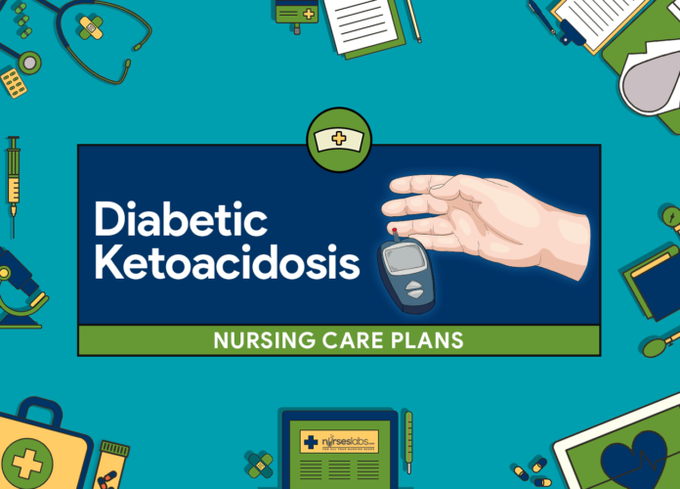


Diabetic Ketoacidosis
Diabetic ketoacidosis (DKA) is a life-threatening problem that affects people with diabetes. It occurs when the body starts breaking down fat at a rate that is much too fast. The liver processes the fat into a fuel called ketones, which causes the blood to become acidic. Usually triggered by: An illness. An infection or other illness can cause your body to produce higher levels of certain hormones, such as adrenaline or cortisol. Unfortunately, these hormones counter the effect of insulin — sometimes triggering an episode of diabetic ketoacidosis. A diagnosis of diabetic ketoacidosis requires the patient's plasma glucose concentration to be above 250 mg per dL (although it usually is much higher), the pH level to be less than 7.30, and the bicarbonate level to be 18 mEq per L or less. Treated with fluids, electrolytes — such as sodium, potassium and chloride — and insulin. Perhaps surprisingly, the most common complications of diabetic ketoacidosis are related to this lifesaving treatment

